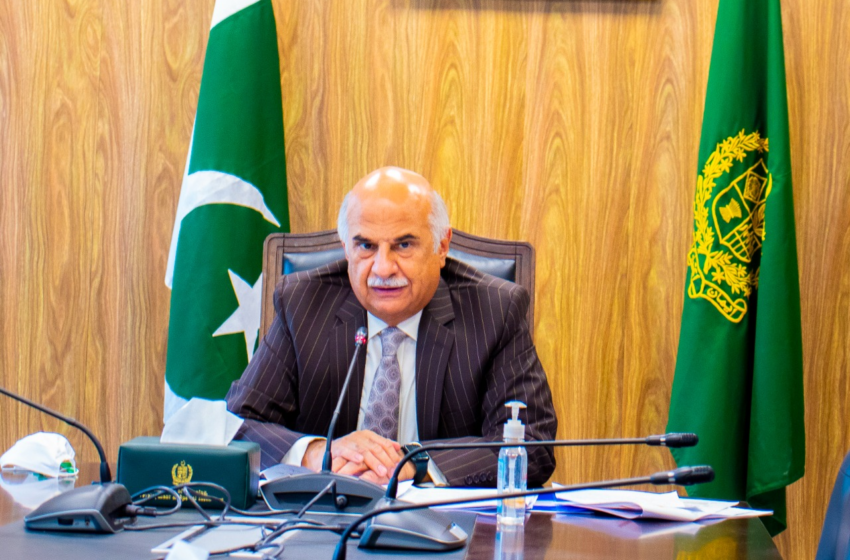‘Pakistan will have 60% renewable energy by 2030’

At least 30% of all new vehicles sold in Pakistan in various categories will be Electric Vehicles (EVs) and 60% of all energy produced in the country will be generated from renewable energy resources including hydropower by 2030,” said Deputy Chairman Planning Commission, Dr Jehanzeb Khan while virtually speaking at the forum Asia & Pacific Transport Forum 2022 organized by Asian Development Bank (ADB).
He said that Pakistan has taken several transportation initiatives during the last decade including Lahore Orange Line, Karachi Green Line, Peshawar BRT while Karachi Circular Railways has been recently approved, adding that a well performed transport and communication structure is vital for a country’s development.
According to Dr. Jehanzeb, during the last decade, Pakistan has taken several transportation initiatives, especially in big cities like Karachi, Lahore and Peshawar. Green Line in Karachi, Orange Line in Lahore and BRT in Peshawar were important projects which helped millions of commuters in the country.
He said that the investment in a country’s infrastructure directly affects economic growth as producers find the best markets for their goods, reducing transportation time and cost, and generating employment opportunities.
Dr. Khan highlighted that in order to make the transportation system affordable for people at large, Pakistan requires more such modern transportation systems both in urban areas and for intercity transport.
Highlighting the key issues and challenges, he informed the forum that air pollution creates smog issues in Lahore especially during winters, and congestion in large cities like Lahore, Karachi and Islamabad also poses a big challenge that needs to be addressed.
Dr. Khan further informed the forum that Pakistan Nationally Determined Contribution (NDC) had projected 300% growth in GHG emissions for the period of (2015-2030) based on projected 9% Gross Domestic Product GDP growth and increased reliance on fossil fuels.
According to him, the estimates have been revised downwards largely due to Ten Billion Tree Tsunami Programme (TBTTP) sequestration of 8.4 MtCO2es (2016-2021). In addition to the NDC target, the government has approved an EV Policy with aims to shift 30% of all vehicles to electric passengers’ vehicles and 50% to electric two/three -wheelers and buses by 2030.
Similarly, he informed the forum that Pakistan Railways has two flagship projects Karachi Circular Railway KCR and Karachi-Pipri Freight Corridor which are going to transform the entire public and freight transportation landscape of the metropolitan city of Karachi while easing congestion in the city.
The forum was organized by ADB to explore solutions for creating a more sustainable and decarbonized transport future for the region. This year’s theme was ‘Accelerating Transformative & Decarbonized Transport’. The participants discussed the ways and means for accelerating the changes required in transport and mobility.


